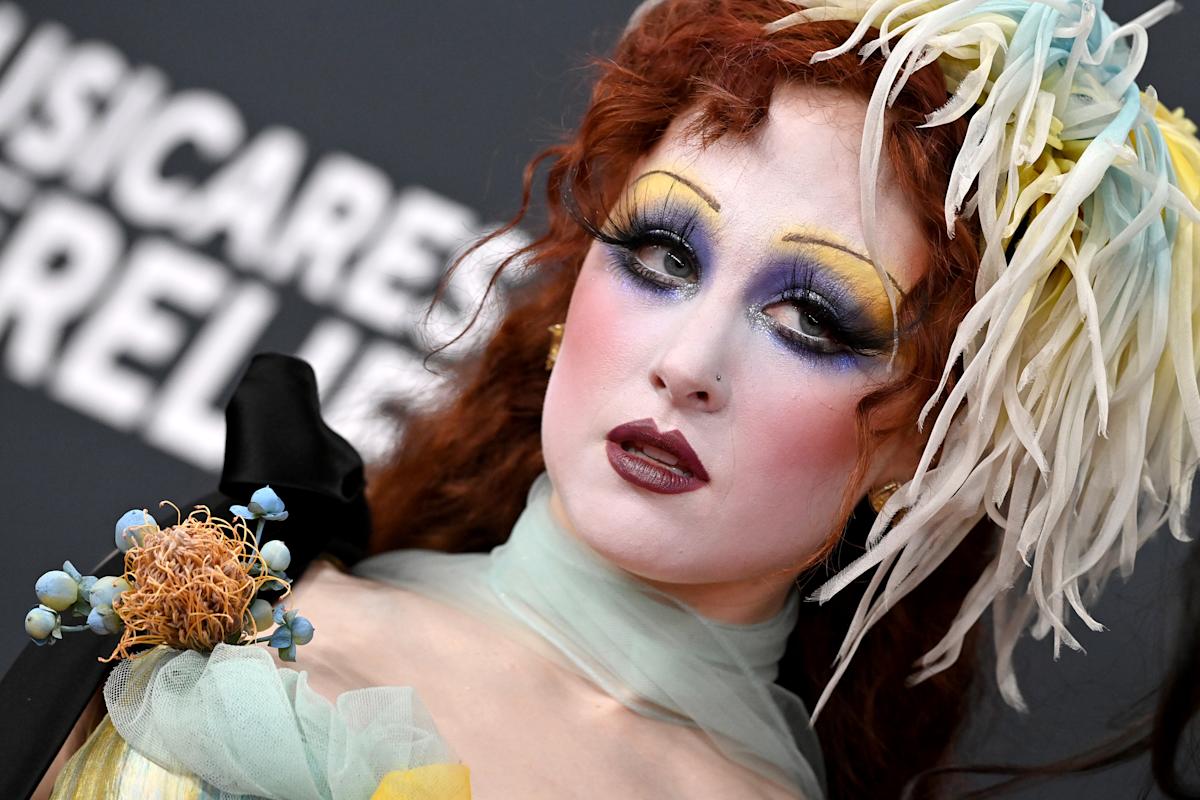Chappell Roan Unpacks Online Celebrity Hate: The Viral Validation Phenomenon

In a candid revelation, the rising pop sensation behind "Pink Pony Club" has bravely addressed the online backlash she faced after confronting fans about inappropriate behavior last summer. The artist, known for her unapologetic stance, opened up about the challenging experience of dealing with harsh internet criticism.
After speaking out against what she described as "creepy behavior" from some of her followers, the singer found herself at the center of an intense social media storm. Despite the negative comments and potential career risks, she remained steadfast in her commitment to setting clear boundaries and protecting her personal space.
Her willingness to speak truth to power has resonated with many fans who appreciate her authenticity and courage in challenging problematic fan interactions. By refusing to be silenced, she has sparked an important conversation about respect, consent, and artist-fan dynamics in the digital age.
The incident highlights the ongoing challenges artists face in navigating the complex landscape of online fame, where personal boundaries can often be blurred by overzealous supporters and anonymous critics.
